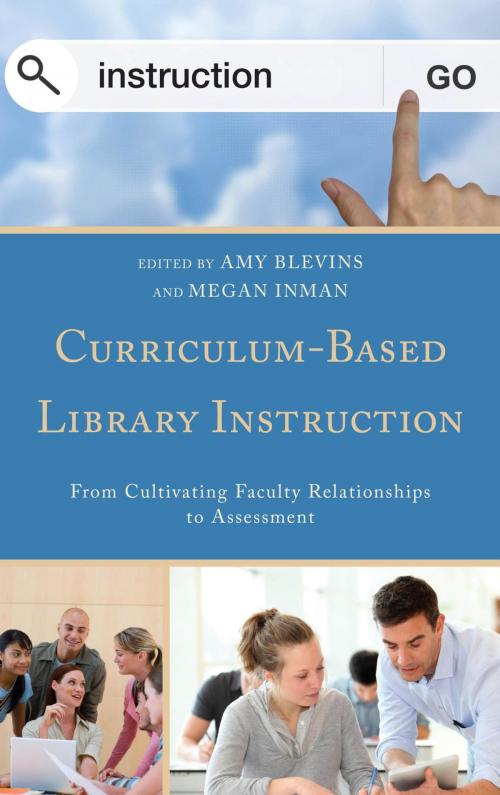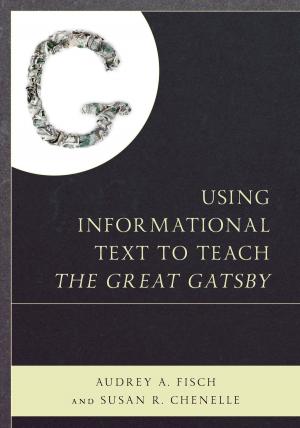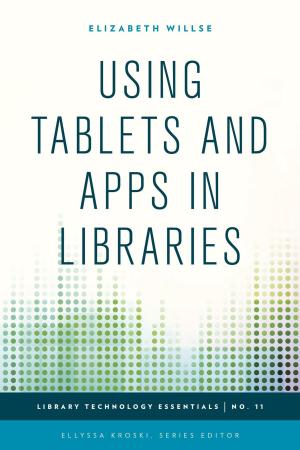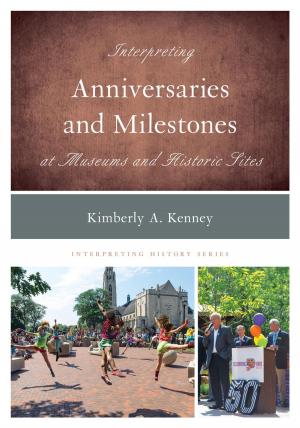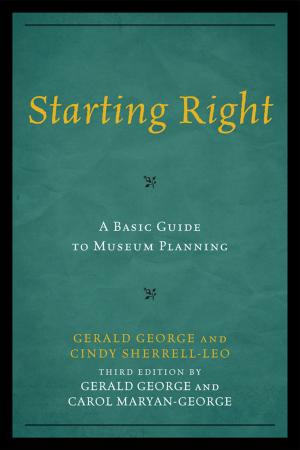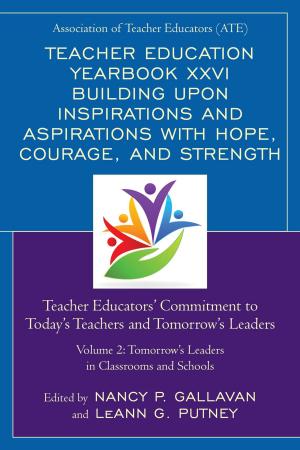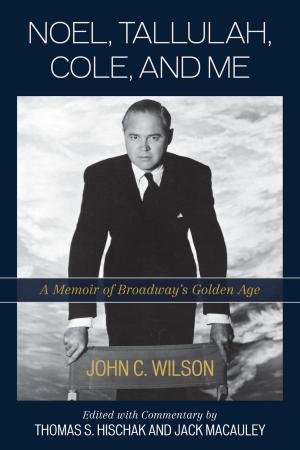Curriculum-Based Library Instruction
From Cultivating Faculty Relationships to Assessment
Nonfiction, Reference & Language, Language Arts, Library & Information Services| Author: | ISBN: | 9781442231665 | |
| Publisher: | Rowman & Littlefield Publishers | Publication: | September 26, 2014 |
| Imprint: | Rowman & Littlefield Publishers | Language: | English |
| Author: | |
| ISBN: | 9781442231665 |
| Publisher: | Rowman & Littlefield Publishers |
| Publication: | September 26, 2014 |
| Imprint: | Rowman & Littlefield Publishers |
| Language: | English |
Curriculum-Based Library Instruction: From Cultivating Faculty Relationships to Assessment highlights the movement beyond one-shot instruction sessions, specifically focusing on situations where academic librarians have developed curriculum based sessions and/or become involved in curriculum committees. This volume describes and provides examples of librarians’ varied roles in the curriculum of education programs. These roles include semester long or multi-session instructor, web-based course designer, problem-based learning facilitator, and member of a curriculum committee. In addition to describing the roles that librarians have in supporting curriculum, the book describes how to carry out those roles with sections devoted to adult learning theory, teaching methods, developing learning objectives, and working with faculty to develop curriculum. Examples of library sessions devoted to information literacy, evidence based practice, information literacy, and biomedical informatics are included.
Curriculum-Based Library Instruction: From Cultivating Faculty Relationships to Assessment highlights the movement beyond one-shot instruction sessions, specifically focusing on situations where academic librarians have developed curriculum based sessions and/or become involved in curriculum committees. This volume describes and provides examples of librarians’ varied roles in the curriculum of education programs. These roles include semester long or multi-session instructor, web-based course designer, problem-based learning facilitator, and member of a curriculum committee. In addition to describing the roles that librarians have in supporting curriculum, the book describes how to carry out those roles with sections devoted to adult learning theory, teaching methods, developing learning objectives, and working with faculty to develop curriculum. Examples of library sessions devoted to information literacy, evidence based practice, information literacy, and biomedical informatics are included.
